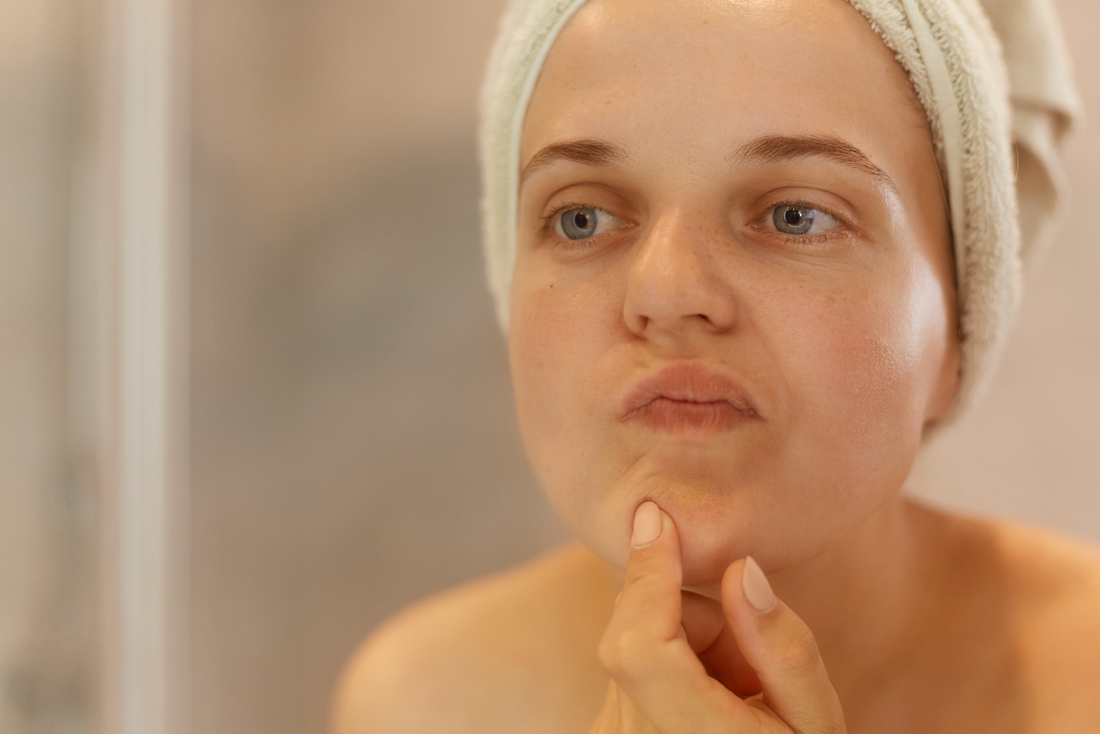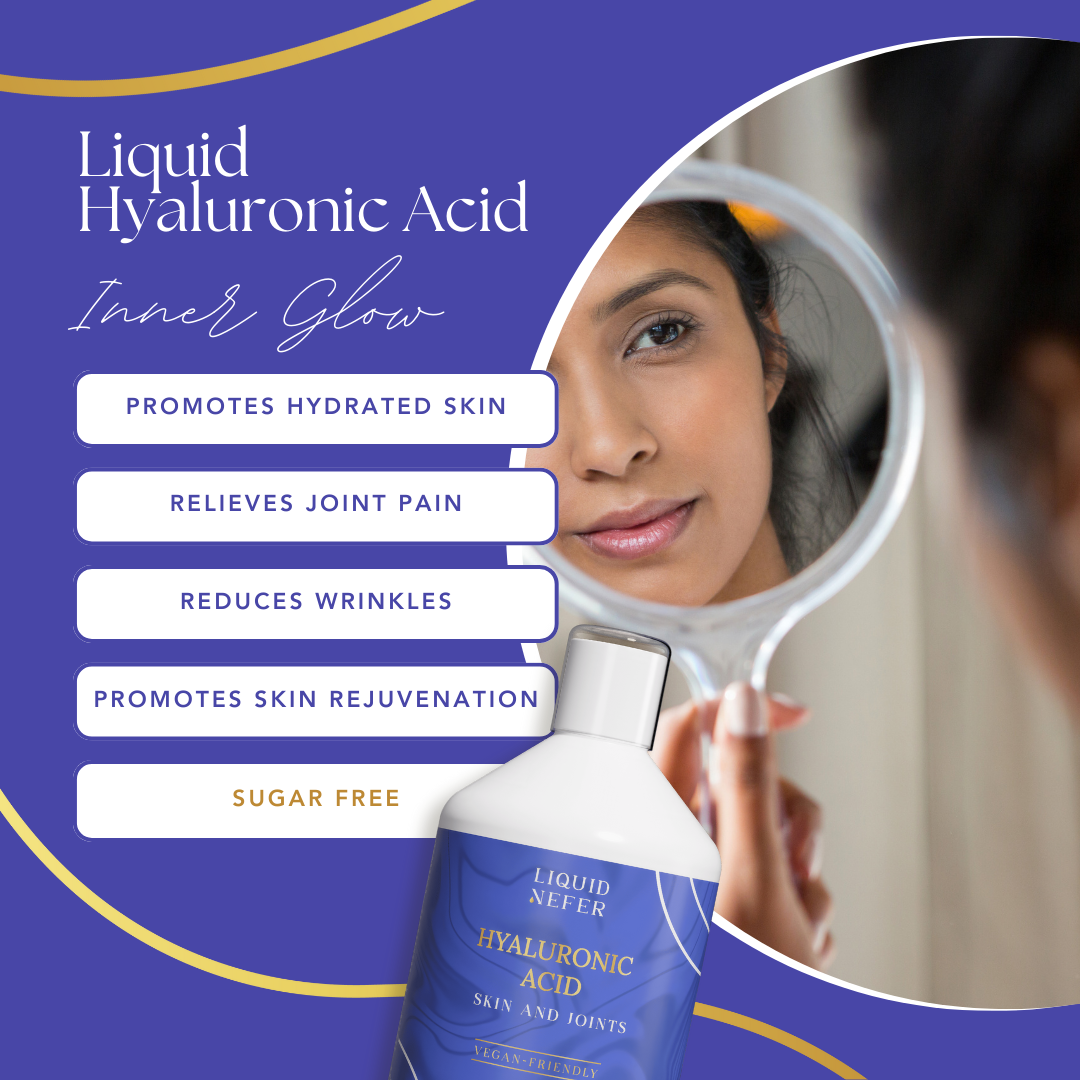The Ultimate Guide to Hyaluronic Acid Supplements and Oily Skin
Hyaluronic acid (HA) has long been celebrated as a skincare hero, primarily for its exceptional hydrating properties. Known for its ability to hold up to 1000 times its weight in water, HA is a staple in many beauty routines. However, there’s a common misconception that it's only beneficial for dry skin. In reality, hyaluronic acid can also be a game-changer for those with oily skin. In this blog, we'll dive into how hyaluronic acid supplements can help manage oily skin and why incorporating them into your routine might be the key to achieving balanced, healthy skin.
Understanding Oily Skin
Oily skin is characterized by overactive sebaceous glands that produce excess sebum, leading to a shiny complexion, enlarged pores, and a propensity for acne. Many people with oily skin tend to avoid hydrating products, fearing they will exacerbate the oiliness. However, proper hydration is crucial for all skin types, including oily skin.
Why Hyaluronic Acid Works for Oily Skin?
Hydration Without the Grease
Hyaluronic acid is a humectant, which means it draws moisture from the environment into the skin. Unlike heavy creams that can clog pores and lead to breakouts, HA provides lightweight hydration. This makes it an ideal choice for oily skin, as it keeps the skin moisturized without adding any extra oil.
Balancing Sebum Production
When the skin is dehydrated, it often compensates by producing more oil. By ensuring that your skin is adequately hydrated, hyaluronic acid can help balance sebum production. This means fewer breakouts and a less shiny complexion.
Enhancing Skin Texture
Oily skin often comes with enlarged pores and an uneven texture. Hyaluronic acid helps to plump the skin, making it look smoother and more refined. Regular use of HA can improve the overall texture and appearance of oily skin.
The Benefits of Hyaluronic Acid Supplements
While topical HA products are beneficial, hyaluronic acid supplements can offer additional advantages. Here's why you should consider adding them to your skincare routine:
Deep Hydration from Within
Hyaluronic acid supplements work from the inside out, ensuring that your skin is hydrated at a deeper level. This can be particularly beneficial for those with oily skin, as it helps to maintain moisture balance and prevent overproduction of sebum.
Anti-Aging Effects
In addition to hydration, HA supplements can support skin elasticity and firmness. This is particularly important for oily skin, which can sometimes age prematurely due to frequent breakouts and inflammation.
Overall Skin Health
HA supplements not only benefit the skin but also support joint health and overall well-being. By promoting better hydration and skin health, these supplements can help you achieve a glowing, youthful complexion.
Ready to experience the magic of hyaluronic acid for oily skin? Here’s how to get started:
1. Choose the right supplement: Look for high-quality hyaluronic acid supplements that are free from unnecessary additives. Opt for a product that offers a potent dose of HA for maximum benefits.
2. Stay consistent: Like any supplement, consistency is key. Take your HA supplement daily to see the best results.
3. Combine with topical products: For optimal hydration, pair your HA supplements with topical hyaluronic acid serums. This dual approach ensures that your skin is hydrated both from the inside and out.
Hyaluronic acid is not just for dry skin. Its incredible hydrating properties make it a versatile ingredient that can benefit all skin types, including oily skin. By incorporating hyaluronic acid supplements into your routine, you can achieve balanced, healthy skin that glows from within. Say goodbye to excess oil and hello to a refreshed, rejuvenated complexion. Ready to start?


